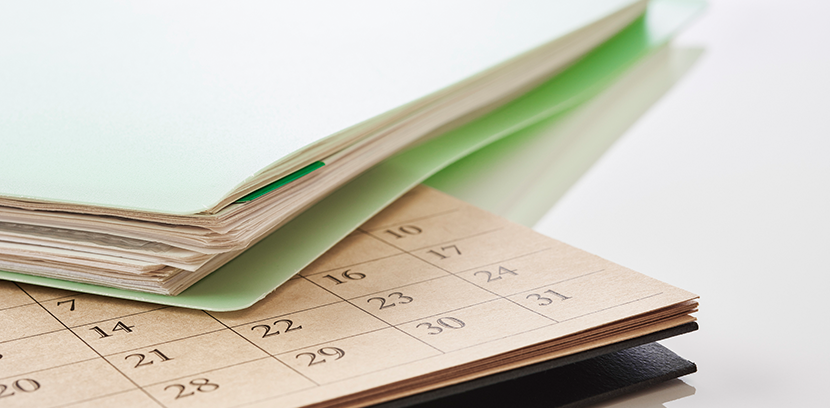
The best way to collect on accounts receivable is to have an actionable plan. Consistency is the only way to know what to expect, when payments are late, and what your options are for getting paid on time.
Read more to learn best practices for dealing with your commercial accounts receivable clients and invoice collections.
Get Organized
Before you do anything, you need to get your business accounting in order. Starting with these basic practices will reduce stress later when your company is growing. Organized company finances not only help you but will also be impressive to potential investors in your business.
- Separate business and personal finances.
- Keep track of all income and expenses.
- Research and buy accounting software to help stay organized.
- Schedule time to regularly reconcile statements and review your books.
- Run reports to stay informed about cash flow.
Determine your Standards for Issuing Credit
Your accounts receivable balance includes client accounts you've invoiced and client accounts that are financing or using credit. Not every client will be approved for credit and, in fact, your business should have a credit manager to determine who is worth the risk. Here are some questions to consider before issuing credit:
- How established is your client's business?
- Does the business have a solid history of on-time payments?
- What are the consequences if they pay late?
A credit manager will also run credit checks on potential customers and help set payment terms. A consistent credit policy will reduce the risk of unpaid invoices by clients who weren't credit-worthy from the onset.
Set a Proactive Accounts Receivable Process
Including the credit policy, a consistent and proactive accounts receivable management process can reduce the likelihood of unpaid invoices. Common procedures for proactively managing your accounts receivable include:
- Setting consistent payment terms
- Invoicing regularly and often
- Following up on past due invoices quickly
- Communicating often with clients and sending payment reminders
- Measuring days sales outstanding to discern weakness in your credit or collections policies.
- Recognizing red flags such as clients who regularly pay late
- Cleaning up accounts receivable

Set a Collections Policy
The best way to collect on what's unpaid is to know what's past due. A collections policy will inform your accounting staff on how to handle unpaid accounts and will also let your clients know what to expect if they don't pay on time.
- Regularly run an aging report to determine past due invoices.
- Determine the process for following up including how many days past due will prompt a reminder and how many days will prompt a phone call.
- Use first party collections initially, within your business, or work with a third party collections agency who can proactively assist on keeping accounts receivable balances clean.
- Establish easy payment options for your clients to use to catch up on unpaid balances.
- Know when to ask for help by understanding how third party collections works.
These best practices for your commercial accounts receivable collections will help reduce the likelihood of past due payments. Getting organized and creating consistent processes also greatly improves your chances of impressing investors in your business. Take the time to get ahead and you'll reduce your stress levels too.



